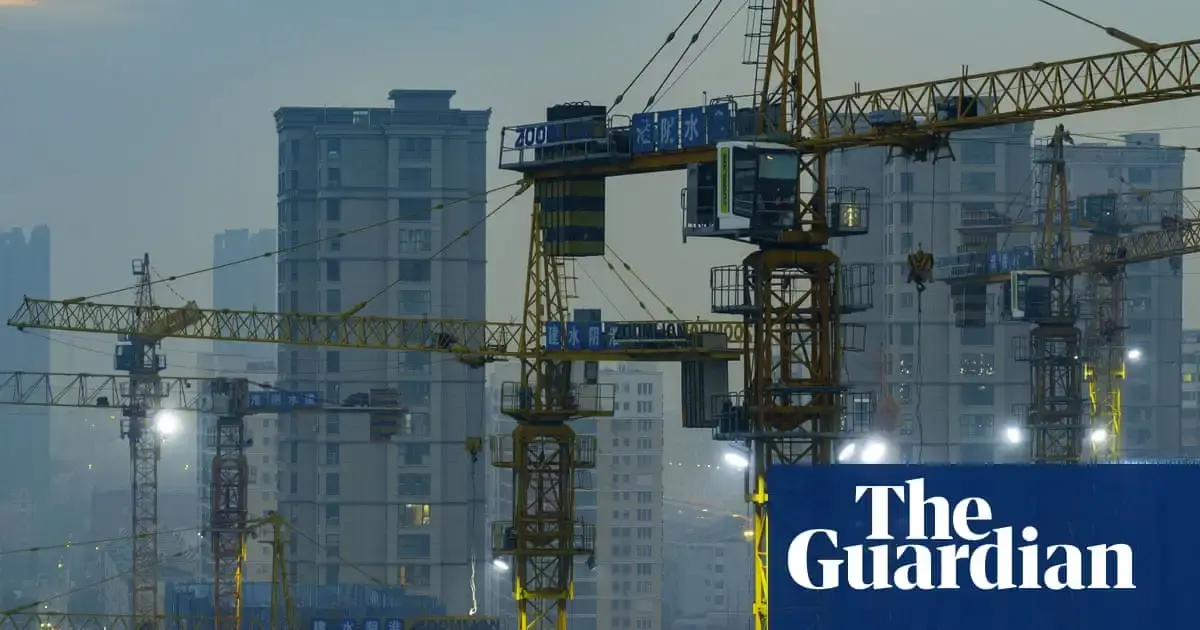This month the Weibo account Weibo Finance, which has more than 1.5 million followers, issued an instruction against posting any comments “that bad-mouth the economy”. The post appears to have since been deleted. Bloomberg reported that several other finance influencers had been told by Weibo to “avoid crossing red lines” and to post less about the economy. Weibo did not reply to a request for comment.
Topics that are considered increasingly sensitive in China’s economy include record high youth unemployment figures (the government stopped publishing this data in August), deflation, the struggling property sector and capital flight.
The restrictions have been building for some time. In June, three finance commentators, one of whom had 4.7 million Weibo followers, were blocked by the platform as a punishment for “hyping up the unemployment rate, spreading negative information … [and] smearing the development of the securities market”.
Dan Wang, the chief economist at Hang Seng Bank, said “the number one sensitive issue now” was foreign investment, because of its links to cross-border capital flows.



Because it’s already very very hard to scale. It takes only a small group of people to fuck up trust models to such a degree that the whole system falls apart.
If you are not prepared for evil, evil will hold far more power that you and decimate the entire community. Indigenous peoples from every corner of the world have been punished by that hard lesson over and over again.
Scale is half the problem. There is a reason that climate destruction, world-spanning wars, nuclear weapons, etc. all took off the same time that population exploded. You can’t separate scale from technology from destruction. I’m not arguing for de-dev, but the complex, “scalable” systems we’ve built and now rely on are literally either designed to kill us or are inadvertently killing us (emission, plastics, deforestation, PFAS, etc.
I’m not sure where you got the idea that I’m advocating being unprepared for evil? Even in Anarchist systems, which do not have systems of authority, the use of force to counter someone hurting you is well understood.
If your argument is that state systems will scale large enough to destroy non-state systems, I agree, but then you’re just agreeing with what I said about the state setting itself up as a threat that must be participated with in order to counter (i.e. in this case arguing, “if you don’t want the state to consume you, make your own state”). That doesn’t make those other systems bad, it makes states bad. “Might makes right” is not generally considered a very modern or positive way of interacting with each other.